How Budget Control Can Help Guide CFOs Through the Next Normal
By: Mark A. Brousseau | April 13, 2021
ARTICLE — Navigating the economic fallout of the pandemic has been a bumpy ride for most companies. But market volatility could create more turbulence.
At most companies, it will fall on the shoulders of CFOs to lead their company through the crisis.
Most companies currently fall into one of three categories, McKinsey & Company notes:
- Still in a severe liquidity crunch
- Experiencing some decline in performance
- Achieving increased consumption and demand
No matter where a company stands, financial planning is critical.
Guiding their companies through the next normal will require CFOs to rethink the way their finance function operates, and its underlying cost structure. Outdated processes are no longer good enough. Many CFOs already have implemented new ways of working, started assessing liquidity and conserving cash, engaged trading partners, and reset performance expectations with investors.
To keep watch on cash flows as conditions evolve and businesses move towards recovery, companies also may have established spending control towers, cash war rooms, dashboards, and nerve centers. That is according to a new article from McKinsey & Company, “No longer on autopilot: Lessons for CFOs from COVID-19.” But there is one critical task that is left undone at most companies: Rethinking traditional day-to-day spend management and budgeting activities.
Surviving and thriving in the next normal requires CFOs to take a fresh approach to budgeting. Traditional approaches to spend management provide inadequate visibility, weak governance over procurement, and marginal integration with legacy enterprise resource planning (ERP) applications.
What CFOs need to quickly respond to uncertain revenues, profitability, and cash flows are tools that control, and track, spend from the point of requisition, and integrate seamlessly with a legacy ERP.
A Better Approach to Controlling Budgets
An advanced budget control solution can give CFOs visibility into spending commitments, how spending is changing, and how budgets may need to be adjusted over the longer term. Advanced budget control solutions also extend the value of an ERP to provide granular budget information. Traditional approaches spend management provide inadequate visibility into purchases in the pipeline, weak procurement governance, delayed updates to the budget ledger when budget transactions are modified, and cumbersome processes for reporting on performance against budget.
Armed with the data from a budget control solution, a CFO can evaluate liquidity and solvency risks, determine how much cash is available to allocate to new initiatives or prop up old ones, and evaluate how long it may be before the company gets past the turbulence, McKinsey & Company notes.
An advanced budget control solution enables CFOs to:
- Make real-time budget control part of their company’s day-to-day work
- Eliminate rogue spending and better manage unexpected project costs
- Identify opportunities to rein in spending and implement best practices
- Improve financial reporting and cash forecasting and streamline auditing
- Swiftly act on changes in their company’s spending and cash flows
Traditional approaches to governing purchases, tracking budget performance, and generating financial reports are not enough to navigate the next normal that McKinsey & Company foresees. Budget control and tracking must be embedded in financial planning processes so CFOs and other decision-makers can quickly access short-term and long-term cash flow and spending outlooks.
Improved spend management and budget control enable companies to react more quickly as events unfold – if a U-shaped recovery turns into an L-shaped or “swoosh”- shaped recovery instead. For instance, a budget control solution can enable a CFO and finance team to proactively monitor and control throughout the enterprise and enforce procurement governance to root out out-of-budget spending. Real-time insights into spend data can drive decision-making as the economy improves.
The Key Performance Indicators provided by a budget control solution also can reveal when to shift from one financial scenario to another. Unlike traditional spreadsheet reports – which are no longer responsive enough to the pace of change in the post-pandemic economy – real-time, granular budget data can be critical in helping a CFO determine how to address fast-changing market conditions. For example, as the economy improves, a budget control solution allows decision-makers to instantly check-in on corporate spending and budget performance to determine progress and whether things need to change. Budgets can be increased based on meeting pre-determined thresholds in demand.
Importantly, integrating an advanced budget control solution with an existing ERP application can help a company thrive during the next economic downturn, not just prepare for it.
None of this is possible without modern tools for managing spend and controlling budgets. With an advanced budget control solution, CFOs can help ensure the company’s success in the next normal. If your company has not revamped the way it manages its spending and budget performance, now is the time to start. Real-time, granular budget data will be critical to CFOs as they lead their company through the next normal. Contact PyanGo to learn how we can help on your journey.
Request a Demo
Click here to learn how your organization can benefit from PyanGo’s budgetary control solution.




